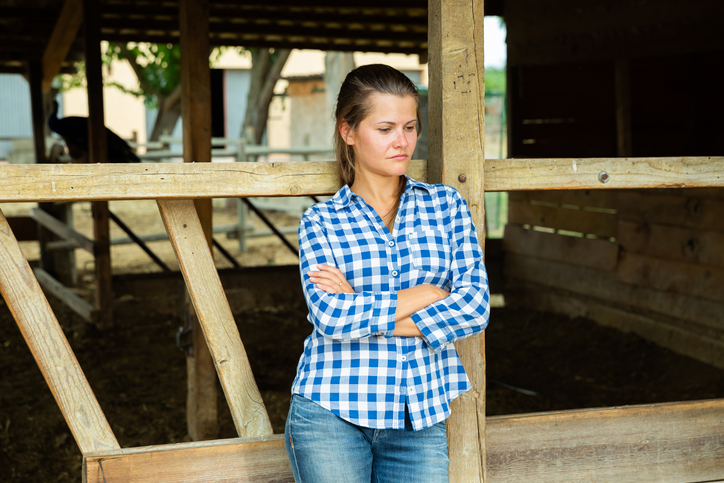Twin bills look to save employers from backpay lawsuits

When the Washington State Supreme Court ruled dairies were ordered to pay all their employees overtime Nov. 5, 2020, there was a collective pause in the agricultural community.
In the aftermath of the decision, questions of backpay and what part of agriculture will be targeted next have yet to be answered. Companion pieces of legislation SB 5172 and HB 1217 seek to remedy one of those questions.
Both bills would protect all employers, including agriculture, from being held liable for backpay of overtime wages.
In the original class action lawsuit, Martinez-Cuevas v. DeRuyter Brothers Dairy, the overtime pay question was settled with the court determining dairies were required to pay their employees hourly with overtime for any hours worked over 40. The suit also sought backpay, but the court remanded the backpay question to a lower court.
Up until the Nov. 5 decision, dairy owners who paid their employees a flat pay scale were following the letter of the law as it was written at that time. Any assessment for backpay now would punish people for following the law. It would be like observing the posted speed limit in a neighborhood and getting ticketed because the speed limit used to be slower.
Since the overtime pay decision has been settled, there have been 24 lawsuits filed in our state relating to overtime pay, violations of rest and meal break protocols, and seeking backpay. Twenty-one of the lawsuits have been filed against dairies. The overtime pay decision is difficult to adjust to but not untenable. However, an assessment for backpay could be the end of some dairies in our state.
The overtime ruling and potential assessment of backpay also have implications for the rest of the agricultural community. If backpay is awarded for dairy employees, it opens a discussion of whether all of agriculture should be paying overtime wages and, more importantly, if they are liable for backpay of employees.
Both bills would effectively end the ability to seek backpay. The bills read: “An award of retroactive pay creates a substantially inequitable result in causes of action for overtime pay when: a court announces a new rule or interpretation of law; and the previous rule or interpretation of law had been expressed in a statute, ordinance, rule, or court decision; or expressed in a reasonable interpretation of such statute, ordinance, rule, or court decision.” The protections laid out in these bills would protect not only agriculture from punitive lawsuits but the entire business community that is currently exempt from paying overtime wages.
Overtime exemptions exist because some jobs require unusual hours or are cyclical in nature. While the first lawsuit specifically targeted the dairy community, subsequent lawsuits could be filed against anyone with overtime exempt employees.
Asking employers to bear the burden of shifting their salary model to accommodate overtime wages and then leveling a call for backpay against those same employers is a sure-fire way to shutter even more businesses in our state.




